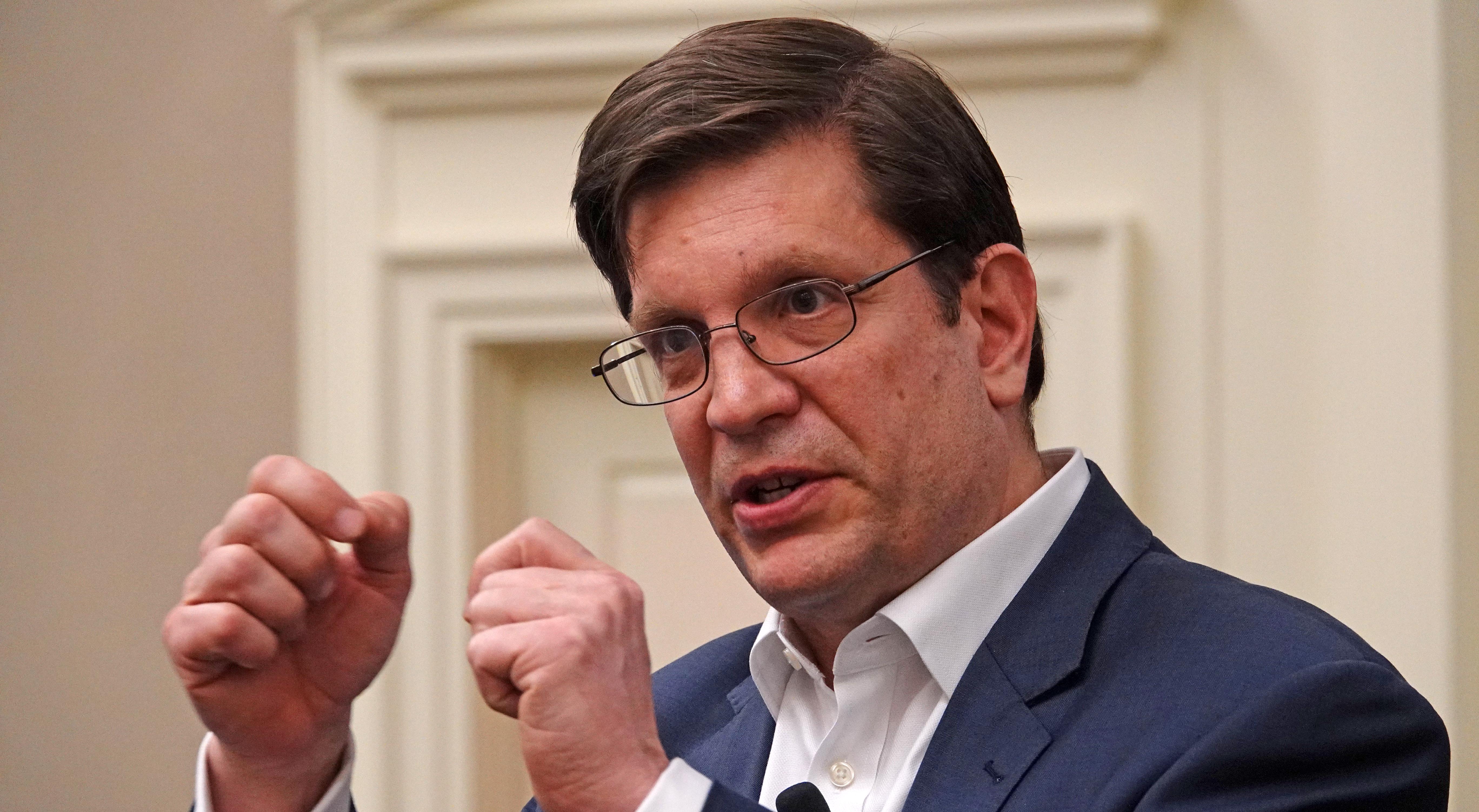EY executive director sees blockchain as valuable problem-solving tool
Emerging tech can help speed insurance claim process


Emerging tech can help speed insurance claim process
While blockchain is a big buzzword in the business world these days, EY executive director David Bassi says he doesn’t think about the hype around what it may be capable of doing someday, but instead considers blockchain as one more tool in his bag to solve issues now.
“We’ve got this transformative technology. What does it really do, how are people using it, and why does it matter?” he explained. “I don’t play in the space where it’s all about finding new technology and finding cool things to do with it. I play in the space where we’ve got a problem and we’re trying to find a solution.”
Bassi’s work at EY centers around the insurance industry, an area that he says blockchain can be useful because of its ability to speed processes that involve information changing hands repeatedly and information that needs to be accurate and quickly accessible.
“In business transactions, I’ll start with information, I’ll send it to an intermediary who may send it to another party, who may send it to another party. And by the time it gets to the end user, it may not look the same as it did originally,” he said. “Despite all the work we do on authentication, on insuring the information remains accurate as it moves along, we still get into arguments.”
Blockchain can allow all involved parties of a particular incident to access the same information, track who made changes and when they made them, and ultimately result in a faster payment of claims, Bassi noted. He used the example of marine shipping company Maersk, pointing out the huge number of people and documentation needed to keep track of cargos and ships, as well as the outside companies that needed the information in a timely manner – especially insurance companies.
“Everybody had problems with the administrative costs, everybody had problems with information security,” he said. “When there’s such a large group of entities involved, blockchain is a great solution, but you need to get everyone aligned on how it’s going to create value for all of them. So an important part of the journey was bringing them all together and helping them understand what was in it for them, and creating a system that worked for them.”
In the future, Bassi pointed out, supply chain management companies, healthcare, government entities, schools, and voting processes will probably benefit from blockchain developments, but some companies may find whole new business models. “I think you’re going to see a lot more of this, not just ‘Do what I do better,’ but do entirely new things, enter new businesses that require that I have real-time knowledge of assets, can share that with multiple parties, and they have all the same information, which creates confidence,” he explained.
“Any industry where there’s a lot of information exchanged that’s difficult to collect and painful to disseminate is going to be impacted pretty quickly, as soon as you hit critical mass in applications,” Bassi said.

